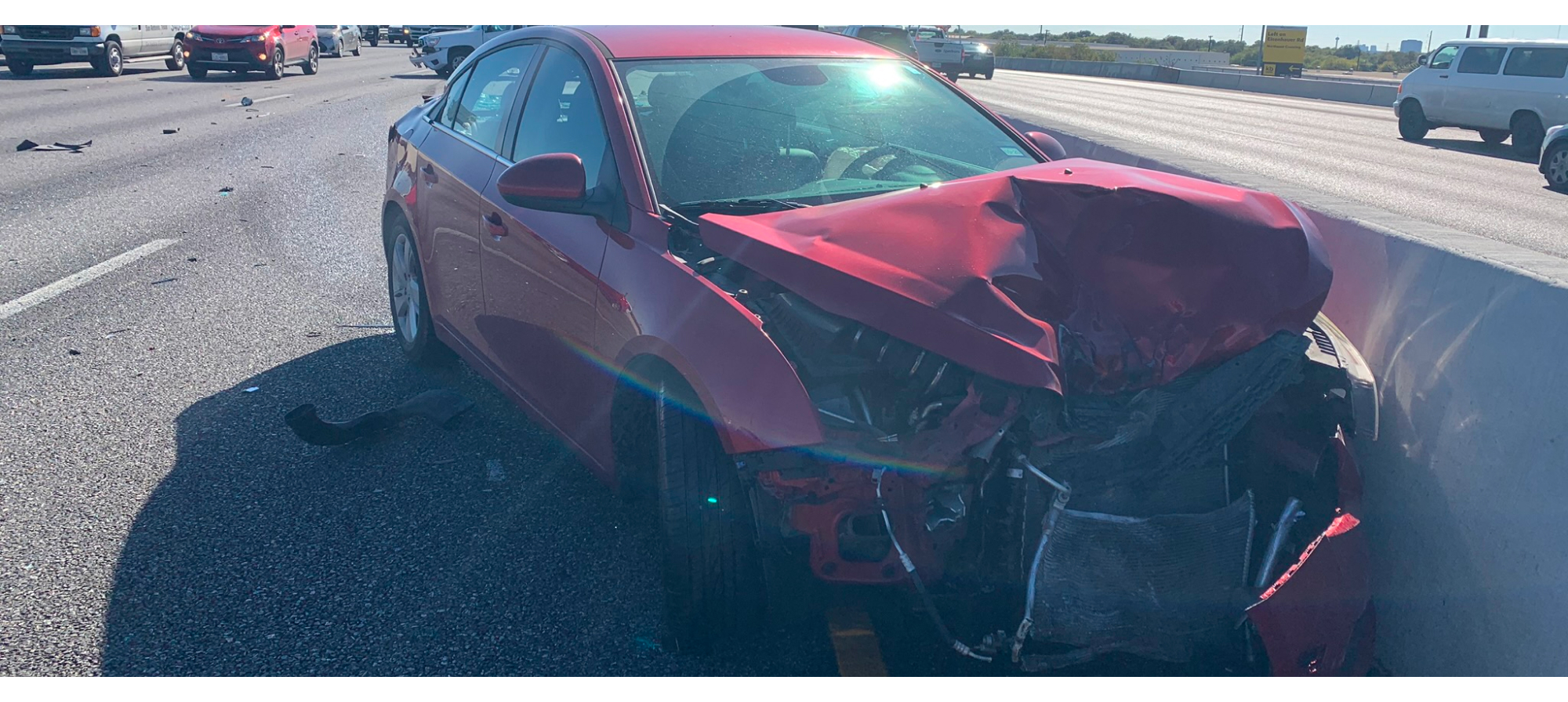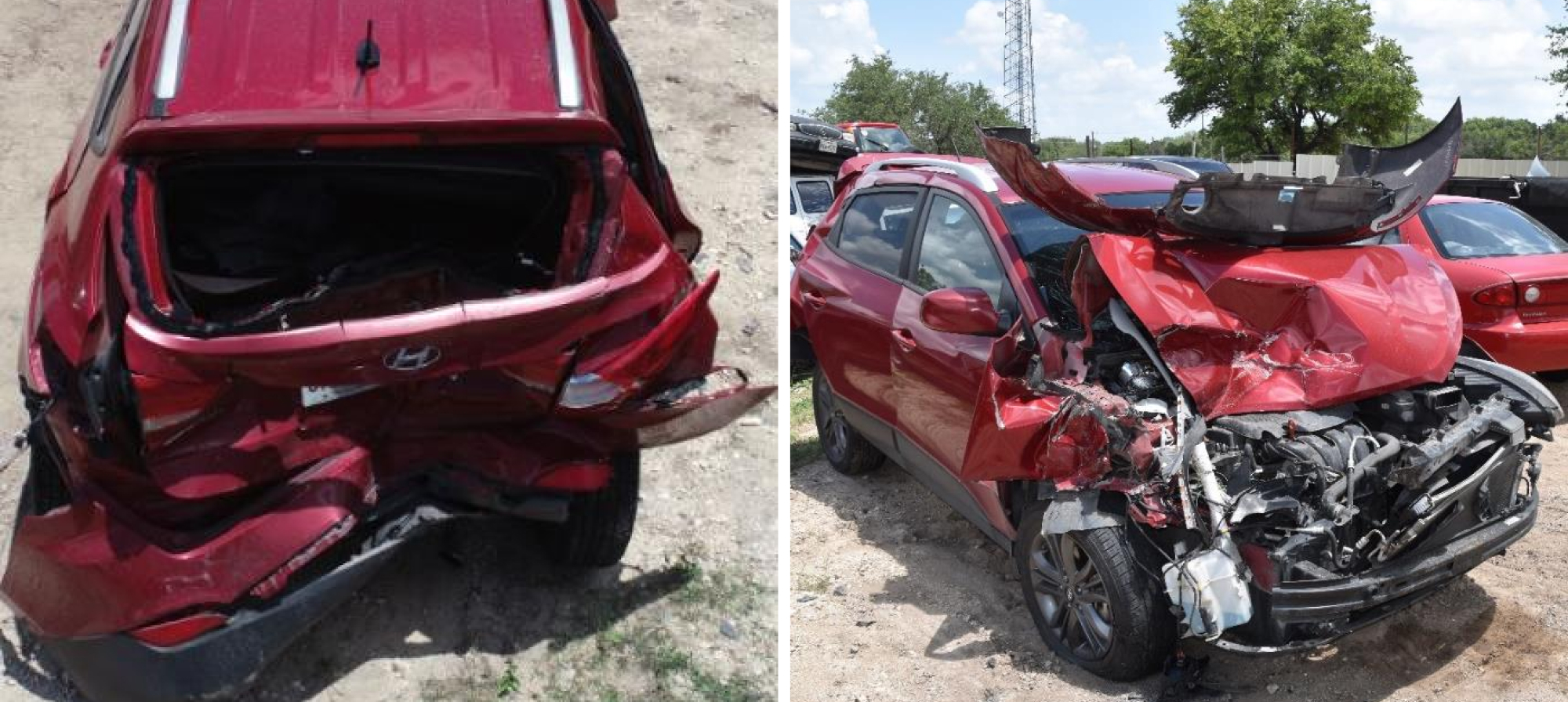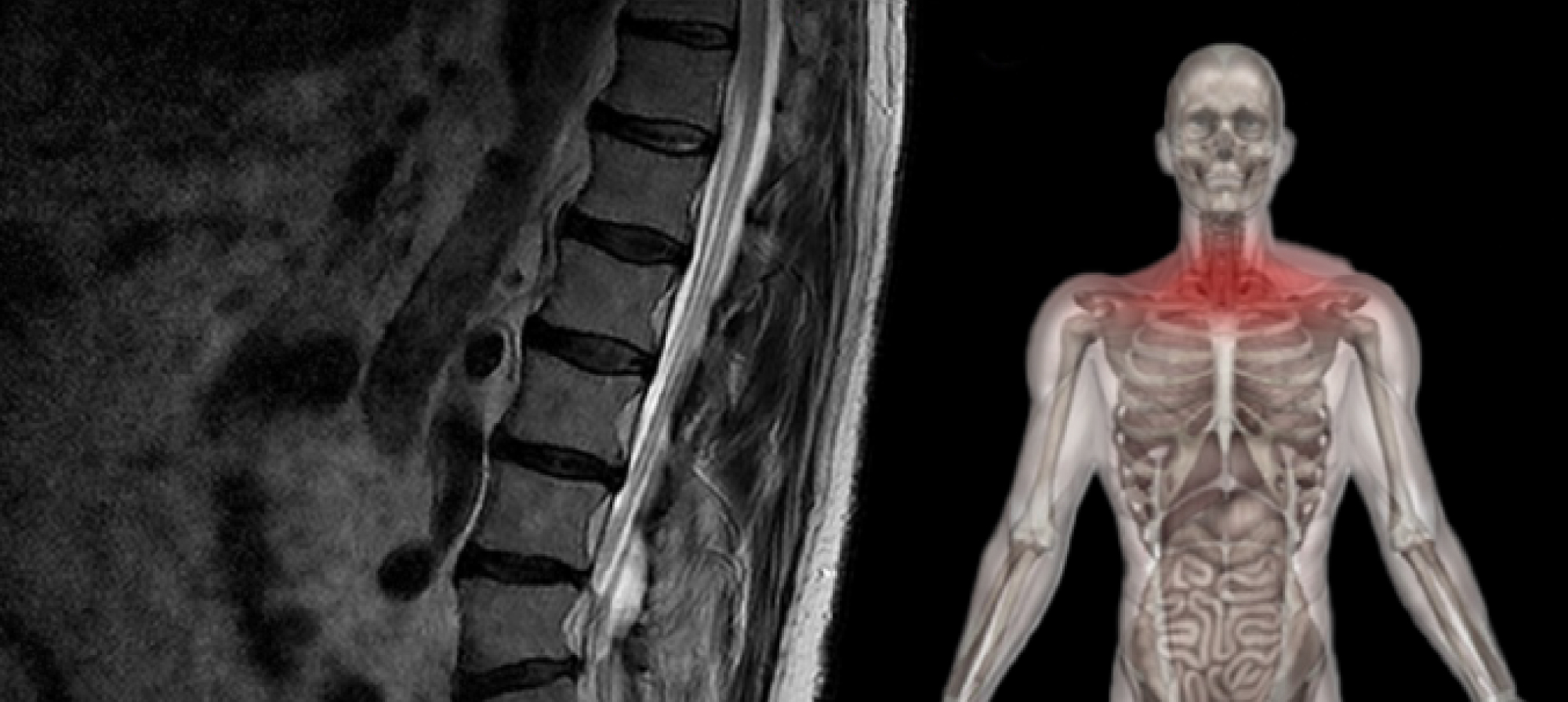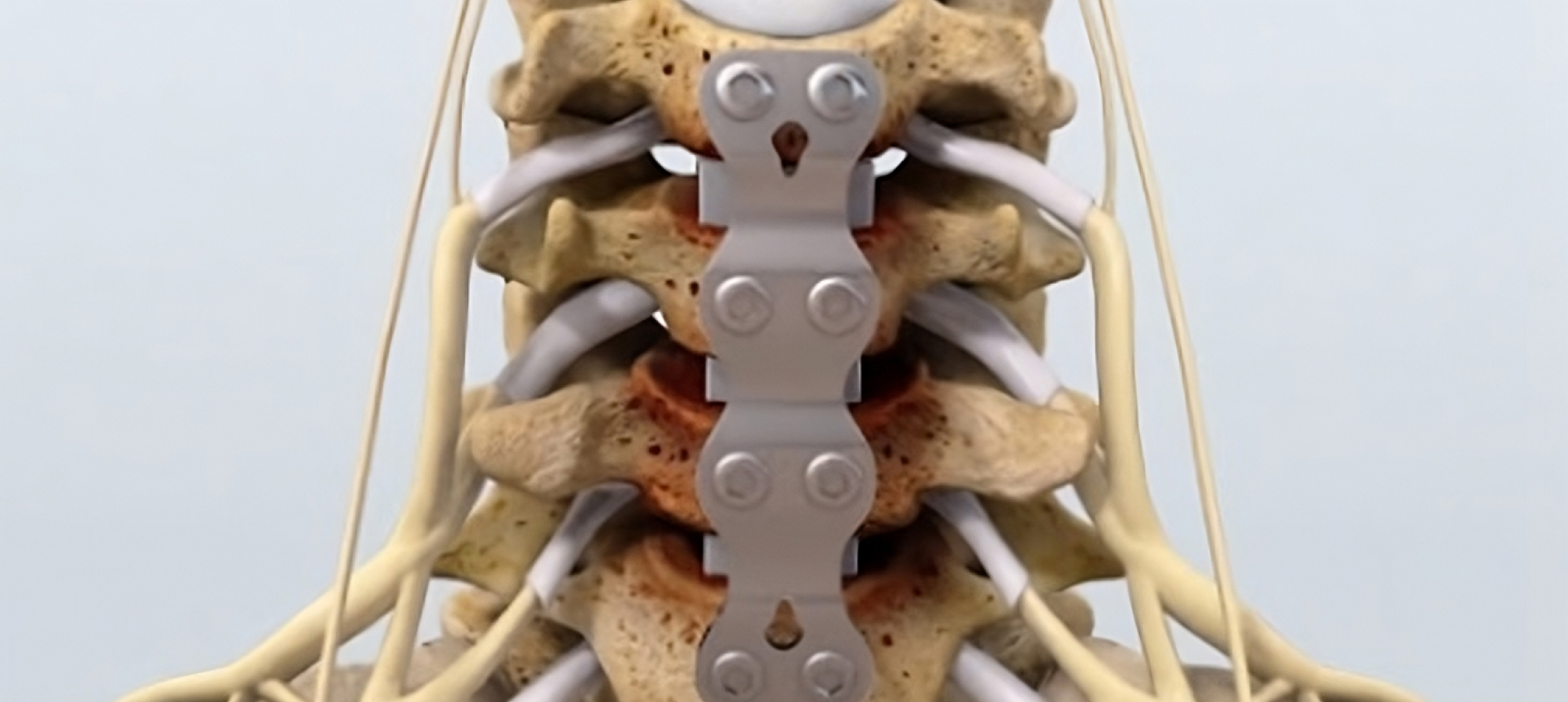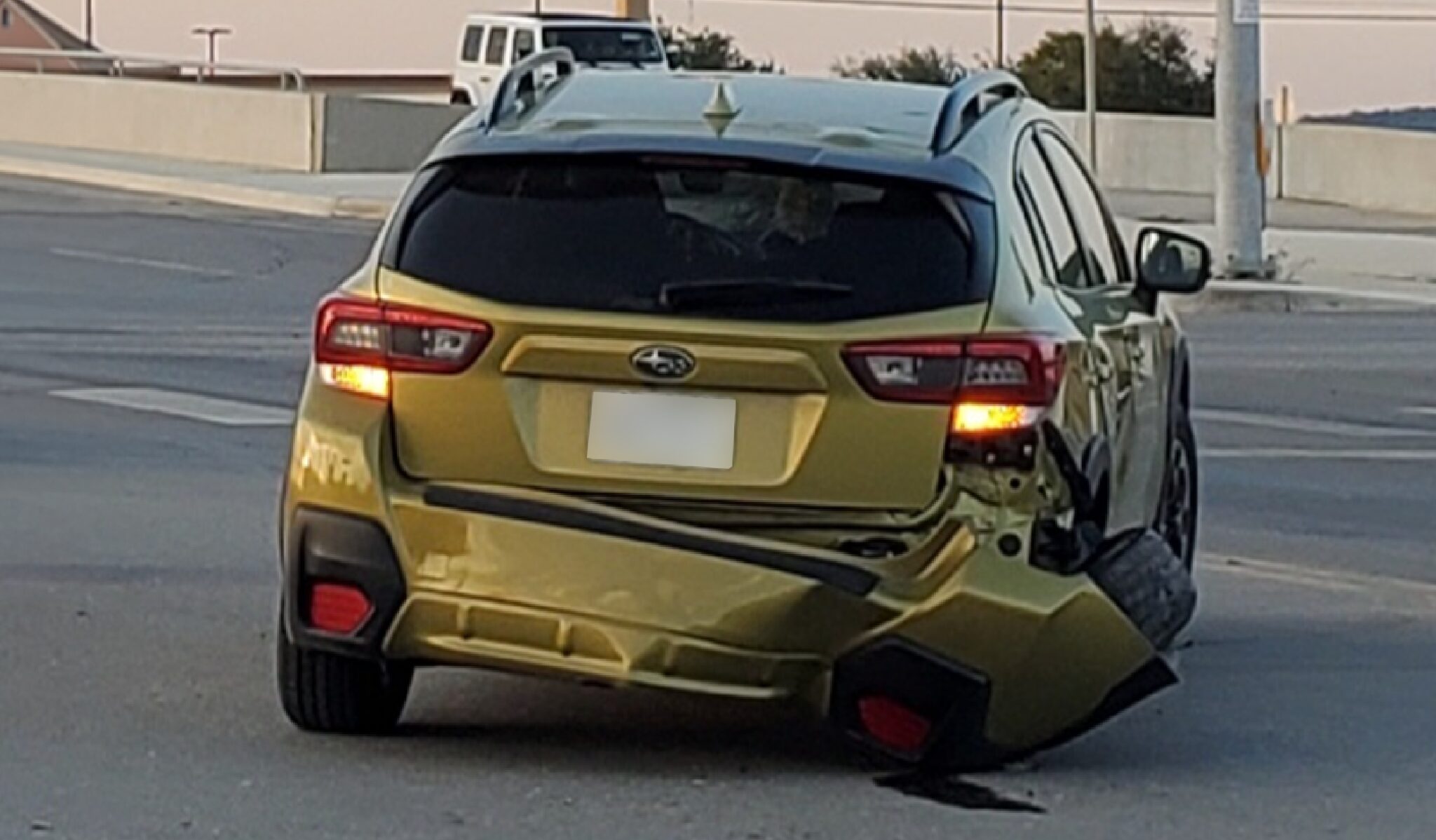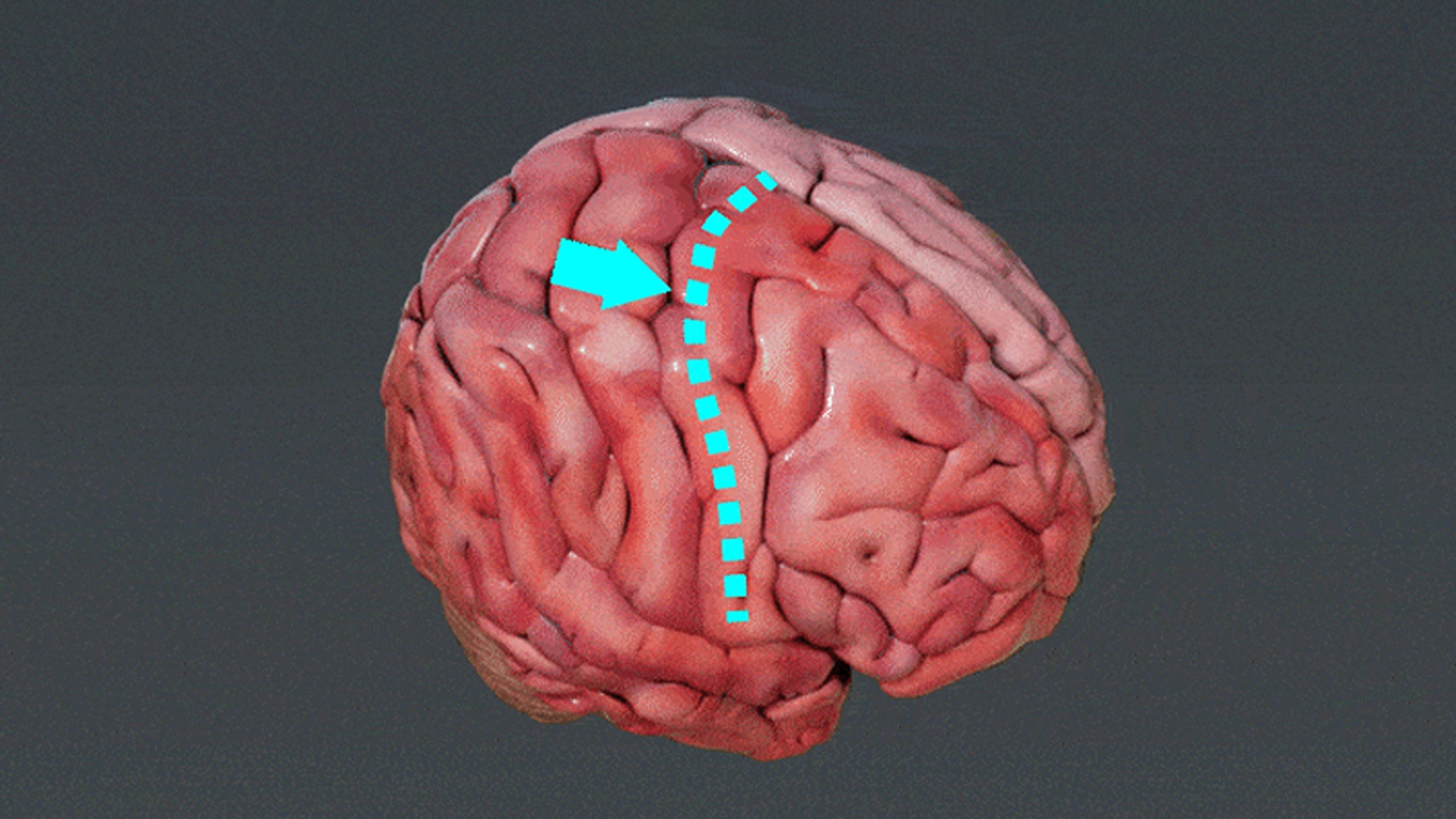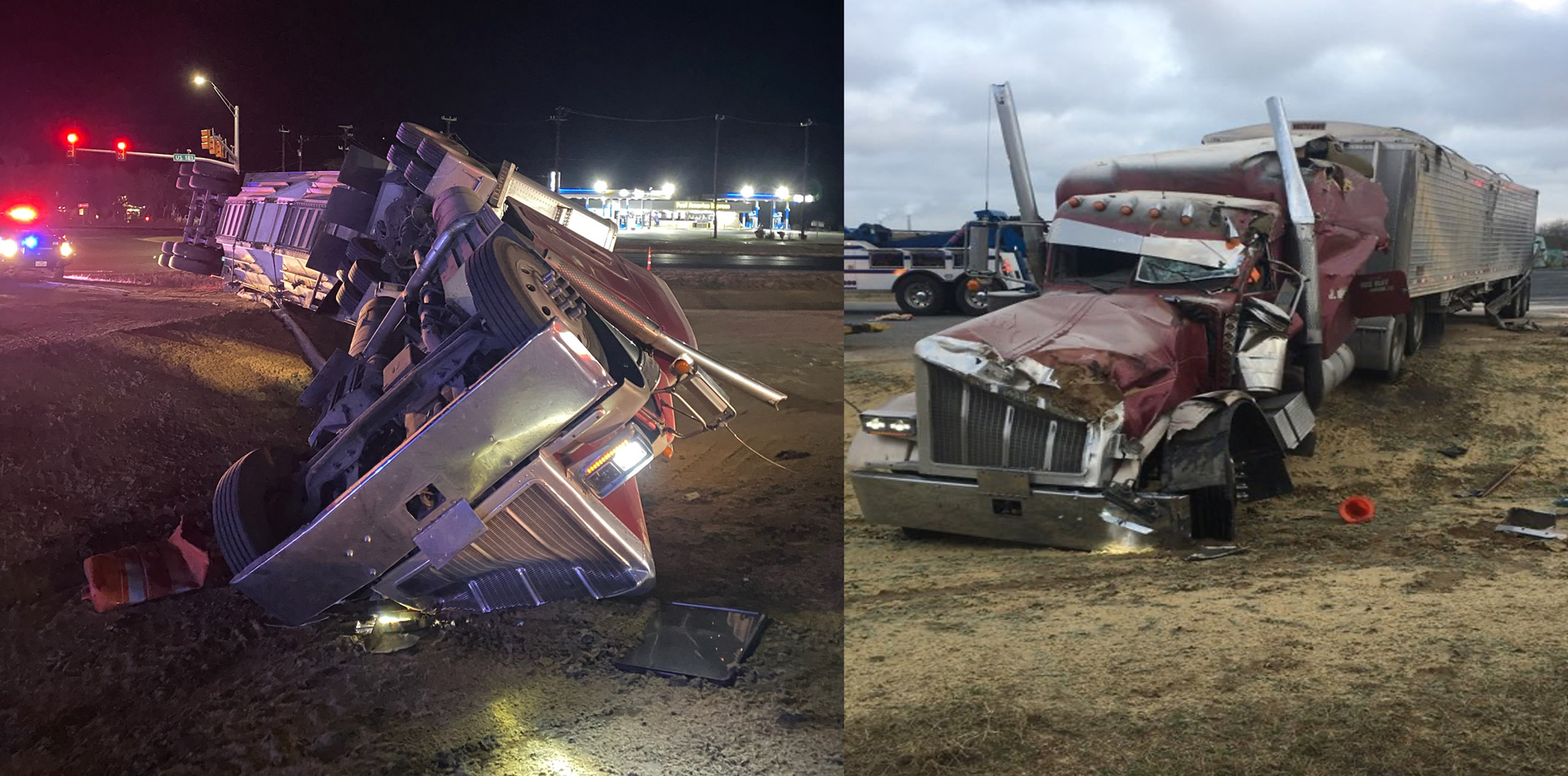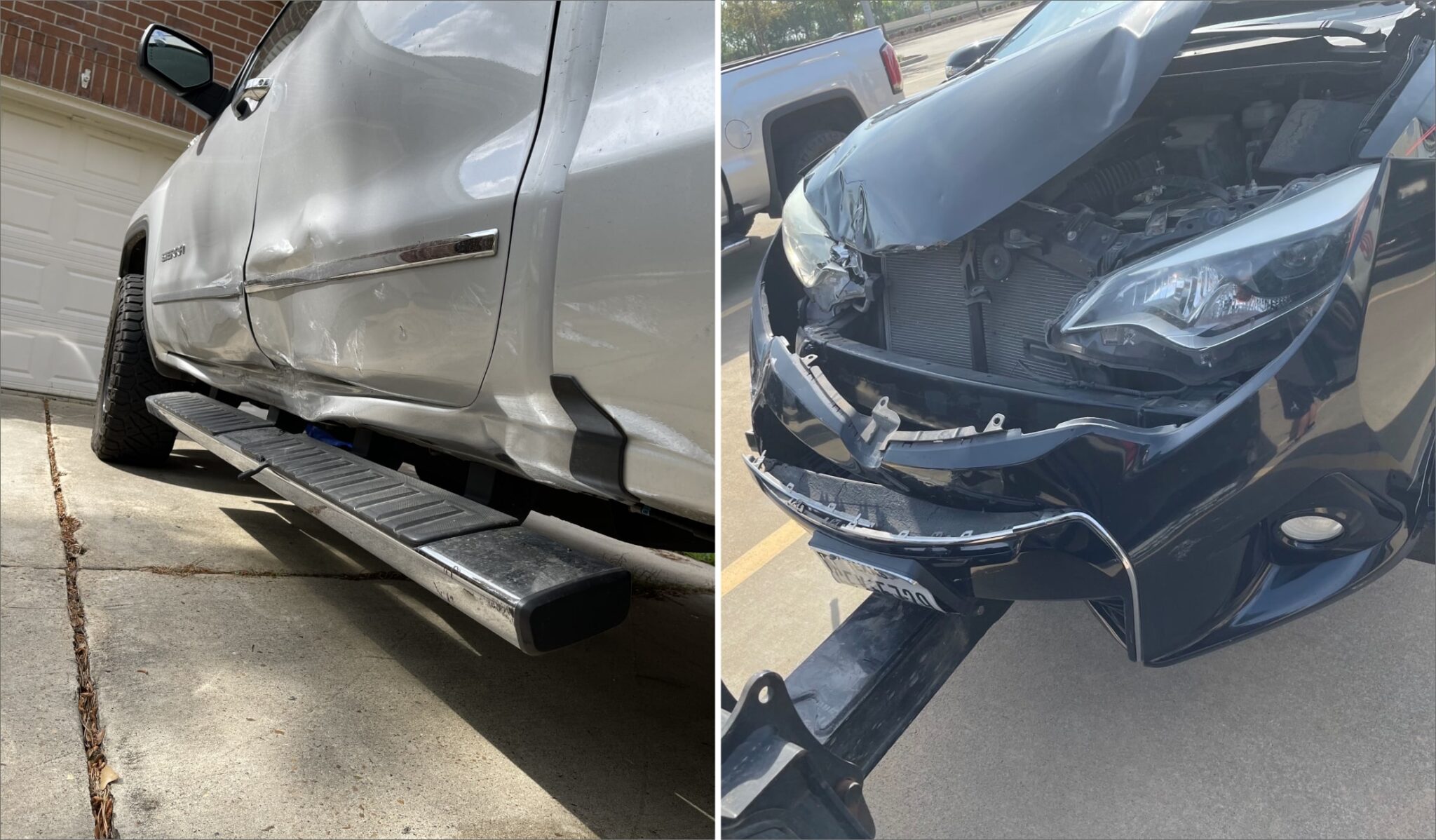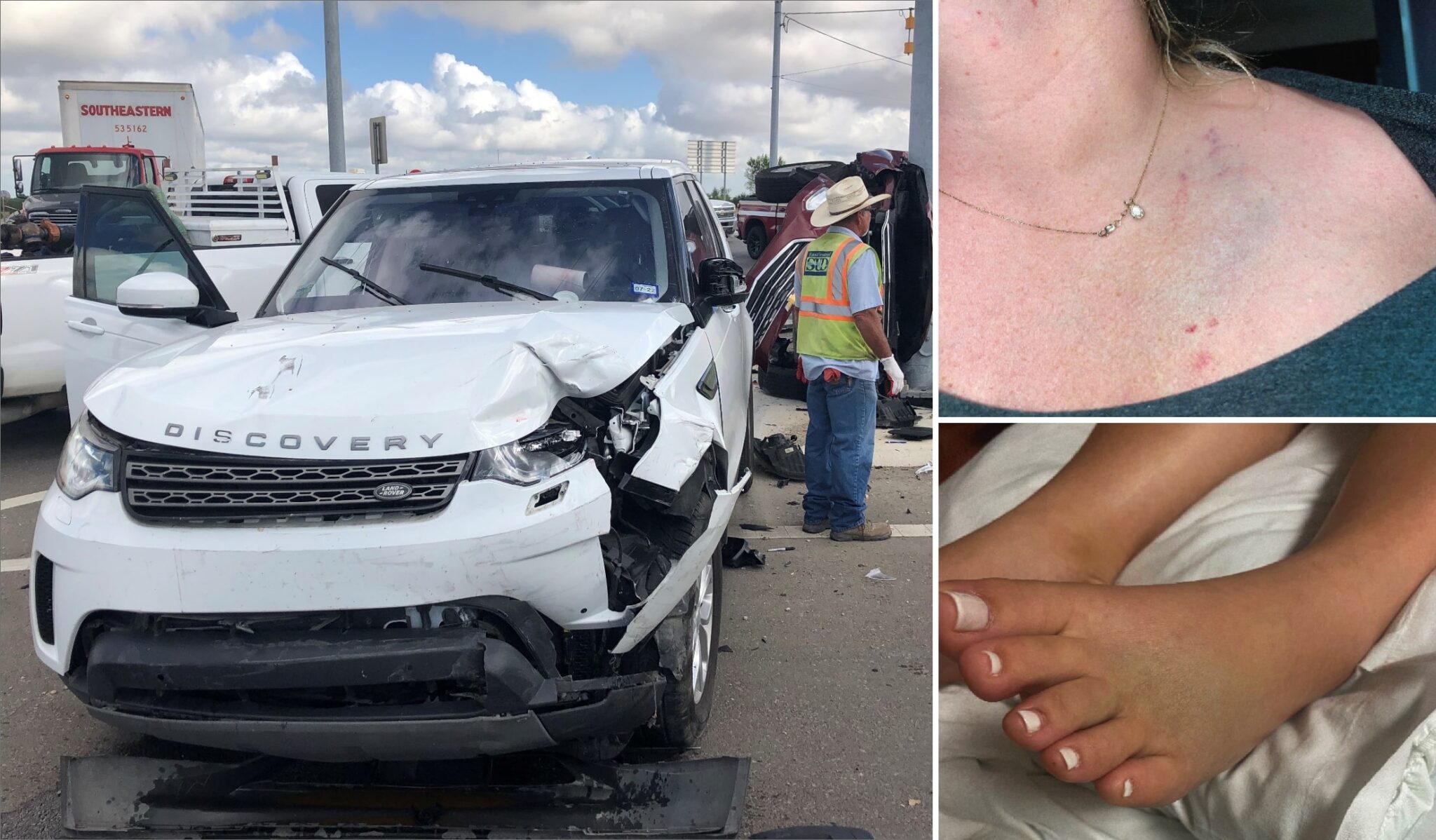On a Friday afternoon, Javier* was driving home from work on I-35 in northeast San Antonio. There was traffic ahead, so he began to slow his vehicle. A pickup truck behind him did as well.
However, behind the pickup, a distracted semi-truck driver did not notice the traffic slowing and slammed into the back of the pickup truck, launching it forward into the back of Javier’s small car and propelling it into the concrete highway divider.
After the crash, Javier dealt with headaches and back pain. Because he was forgetting conversations he had with his family, his loved ones talked him into going to the emergency room three days after the crash. He was diagnosed with a concussion, also known as a traumatic brain injury (TBI). Unfortunately, his symptoms persisted, and it eventually became clear they would have a significant effect on his life moving forward.
Thankfully, he and his family turned to Crosley Law’s brain injury lawyers for help.
* Name changed for privacy
Javier struggles to return to normal life and routines
As Javier returned to the normal routines of his life, he (and the people closest to him) immediately noticed significant changes in his mood, behavior, and cognitive abilities.
One of the biggest changes was a steep decline in Javier’s short-term memory.
Before the crash, Javier had been a model employee, mentally sharp, and easygoing. His supervisor even called him a “walking encyclopedia.” But afterward, multiple long-term co-workers told Crosley Law that Javier would forget meetings and would need to be reminded of things several times. His wife and children also said that Javier would forget conversations that happened earlier in the day and had started to leave sticky notes on his desk to help him remember.
In addition to memory problems, Javier started becoming stressed and distracted about certain things, like spoons in the sink. Several family members even noted that Javier’s taste in food had changed. The attorneys at Crosley Law recognized these as clear signs of a traumatic brain injury.
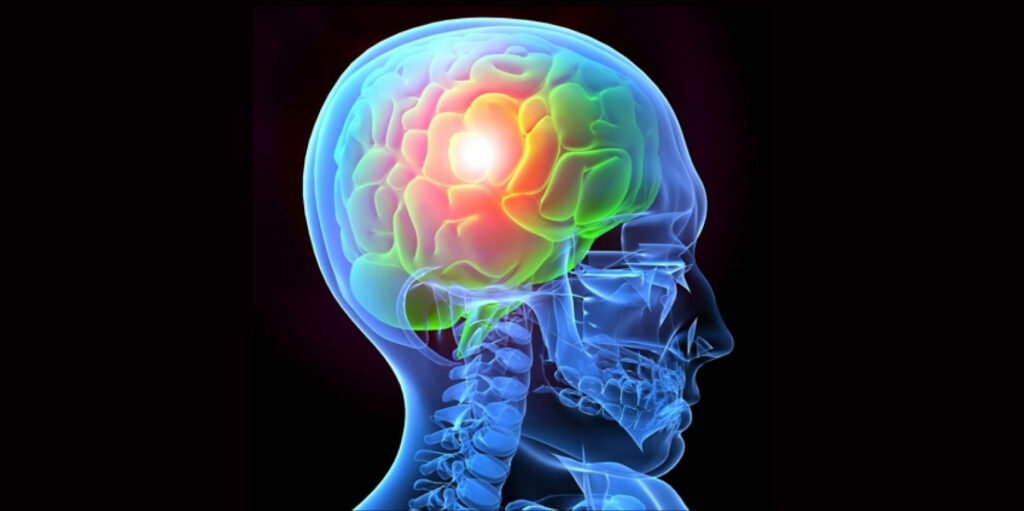
Javier met with several medical specialists for evaluation and testing, including several neurologists, a neuroscientist, neuroradiologist, and neuropsychologist. He was diagnosed with mild neurocognitive disorder and post-traumatic stress disorder. Noted symptoms included:
- Impaired higher-order reasoning abilities
- Poor verbal learning and memory skills
- Impaired nonverbal memory
- Sleep disturbances
Javier himself reported a significant amount of psychological distress because of his injuries. He told Crosley Law about the frustration he felt about his memory and his fear of being a financial burden to his family. He also said that he no longer took the same amount of joy in things he used to love, like spending time with family and sporting events, music, and hobbies.
Post-concussive symptoms persist long after the crash
It’s important to understand that there’s nothing “mild” about a concussion (often referred to as a mild traumatic brain injury) or mild neurocognitive disorder. Symptoms can vary widely from person to person, in type as well as duration, and can often be long-lasting and severe.
While it’s true that most people who suffer concussions do make a substantial recovery in weeks to months, a significant percentage—roughly 15 to 20 percent—develop chronic post-concussive syndrome. When concussion symptoms last two years or longer, they are likely to be permanent.
Sadly, this is exactly what happened in Javier’s case. Two full years after the crash, he continued to deal with cognitive and social impairments. At this point, his doctors felt that any further improvement was unlikely. They also noted Javier’s increased risk of developing Alzheimer’s or other dementia-caused illnesses as he aged.
RELATED POST: What’s the Difference Between a Concussion and Post-Concussion Syndrome? | Crosley Law
Crosley Law investigation reveals disturbing recklessness
There wasn’t really any question that the semi-truck driver was legally at fault for the crash. The driver himself even told Crosley Law during deposition testimony that he failed to pay enough attention to his surroundings and “[took] fault for hitting the white truck and causing [Javier] to … go into the barrier.”
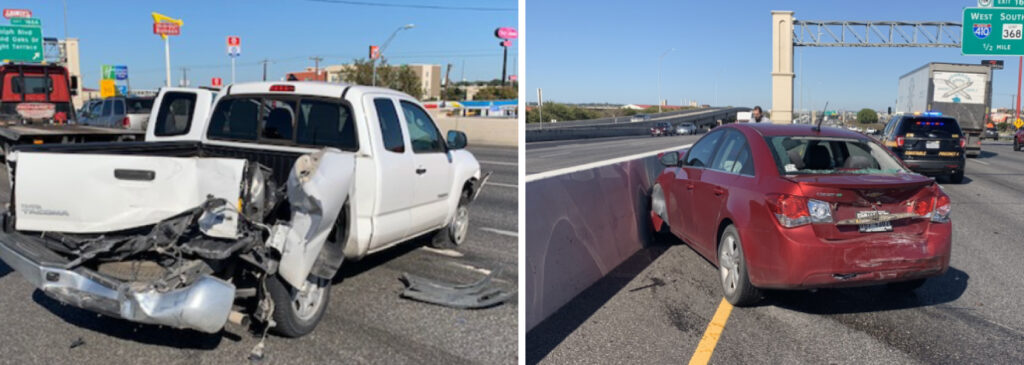
However, in a complex personal injury case, the amount of damages an injured person can recover is often influenced by “aggravating factors.” If we could show that the driver’s actions were not simply the result of a momentary distraction, but due to a pattern of reckless behavior, we knew that a jury would likely award more in compensation.
So, we dug deeper.
Crosley Law obtained metadata for the driver’s cell phone. Our investigation showed that the driver’s cell phone had been in operation routinely throughout the day during his time behind the wheel, including within moments of the reported time of the crash. This was a strict violation of company policy.
We also obtained “black box” data from the truck itself, which reports on vehicle conditions immediately before and after the crash. From that data, we were able to demonstrate that the driver:
- Had been speeding.
- Did not apply the brakes until after the initial collision had occurred.
- Did not attempt to steer the truck until after the initial collision had occurred.
Crosley Law beats the defense’s best pretrial settlement offer
As often occurs in cases like these, the defense’s strategy focused on trying to pay as little as possible for the damage that the at-fault driver caused. Here were three of their main arguments:
- Javier’s symptoms (and their impact on his daily life) were not as severe as we claimed.
- The impact force of the collision was not sufficient to cause a concussion, according to the defense’s biomechanical expert.
- Javier was only expected to live another 5-10 years, according to the defense’s life care planner, which would limit the amount of projected future damages owed to Javier.
But we were prepared to respond to each:
- We took multiple depositions of people who knew Javier well both before and after the crash—his wife, his sons, co-workers who had known him for 15 years or longer. Their testimony was clear and consistent. Were they all liars?
- The defense’s own neuropsychologist confirmed that she believed Javier had suffered a mild TBI in the wreck and noted no indication that any of his reported symptoms were pre-existing. Javier’s vehicle was heavily damaged in the wreck, too. The biomechanical expert’s claim that the crash wasn’t serious enough to cause a concussion seemed hardly credible.
- Javier was only 60 years old. Both his parents are still living and in their 80s, and three of his four grandparents had lived well into their 80s as well. Given his health status and family history, there was no reason to expect anything less than a normal life expectancy of another 20-25 years.
Javier’s case went to mediation and, when the insurance company still wouldn’t offer more than $80,000 to settle, we knew we had to take this case to trial.
We were confident that we had a strong case, and the trial proved us correct. Ultimately, the jury’s verdict resulted in a payout in excess of $900,000—significantly more than the insurance company’s best offer to settle before trial.
Car crash? Call Crosley
We were glad to put our years of experience with brain injury and commercial vehicle crash cases to work and make a difference for Javier and his family.
If you or someone you love has been hurt in a collision, we may be able to put those skills to work for you, too. Call 210-529-3000 to request your free consultation with Crosley Law today.
